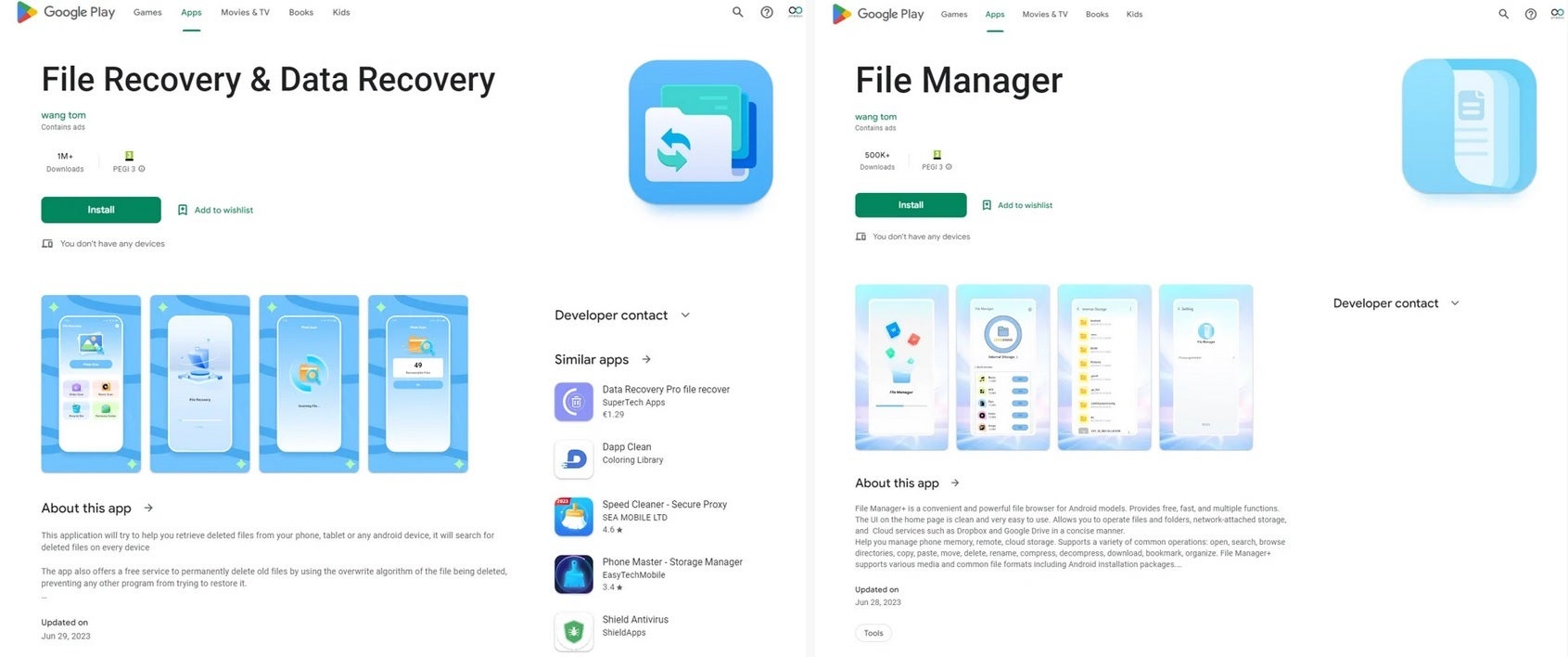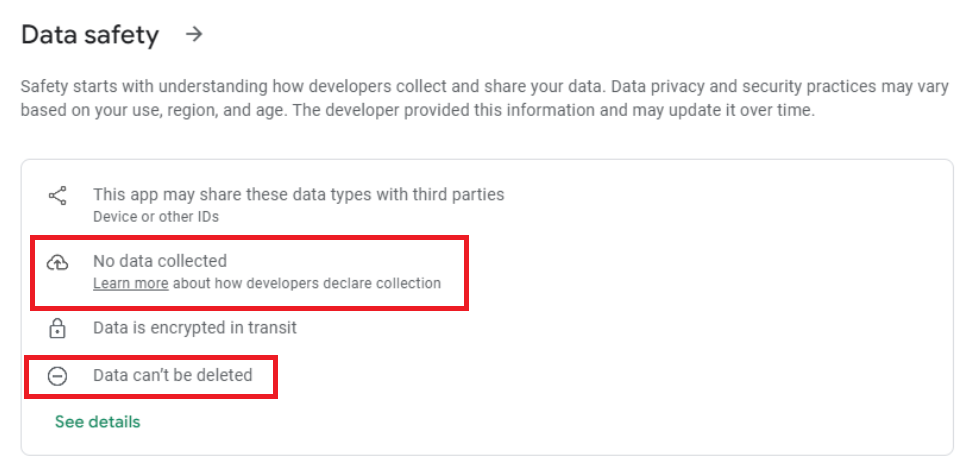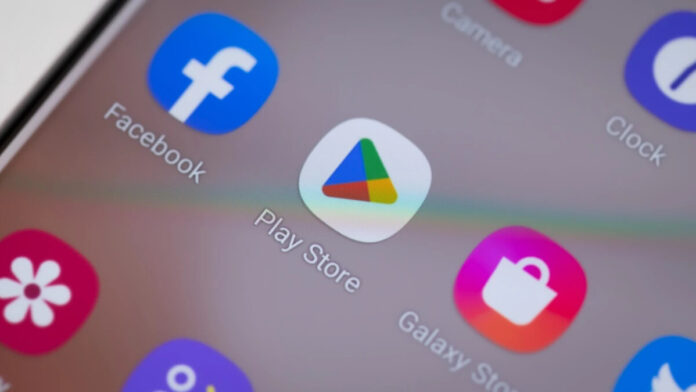[ad_1]
Even though Google Play Protect scans apps in the Play Store before you install them to make sure the apps you’re adding to your phone are free of any malware. It also scans your phone to make sure that apps you sideloaded (installed from a third-party app storefront) didn’t infect your Android handset. However, there are other ways besides offering malware-laden apps to steal your personal data.
Two Play Store apps with 1.5 million installs lied about not collecting user data

These two apps, with a total of over 1.5 million Play Store installs, stole user data
The two apps were discovered by Pradeo and their listings in the Play Store say that they do not collect any user data, which was an out-and-out lie. The apps also violated the EU’s General Data Protection Regulation (GDPR) by stating that any personal data collected by the app could not be deleted. The security firm found that personal data was stolen by the apps and sent to China. The data stolen includes:
- Users’ contact lists from the device itself and from all connected accounts such as email, social networks.
- Media compiled in the application: Pictures, audio and video contents.
- Real time user location.
- Mobile country code.
- Network provider name.
- Network code of the SIM provider.
- Operating system version number, which can lead to vulnerable system exploit like the Pegasus spyware did.
To make sure that the malicious apps were launched, the extra permissions that the apps received allowed them to force a device to restart. When the phone restarted, the apps launched and were able to do their malicious tasks even without user interaction. Both apps also hid their icons from the home screen making them almost impossible to delete from an infected device.
Security firm Pradeo lists some recommendations
Pradeo did make some recommendations, some of which we have discussed with you before:
- Do not download applications that do not have any reviews while thousands of users.
- Read reviews when there are any, they usually reflect the application’s true nature.
- Always carefully read permissions before accepting them.
Here are some more tips that we’ve learned over the years. If running a certain app makes your phone run hot or drains your battery, it’s a good bet that the app is compromised. A rogue app with adware could be playing ads in the background to run up revenue.

The apps lied in the Play Store and also violated GDPR rules about user data
And we really agree with Pradeo’s hint to “Read reviews when there are any, they usually reflect the application’s true nature.” We’ve said that for years. If any red flags pop up in the review of an app, don’t install it, keep going, and never look back. The simple rule is that you should look at the reviews for an app from a developer that you’ve never heard of. And even then, if you’re unsure, Google the name of the app and see what comes up.
[ad_2]
Source link
